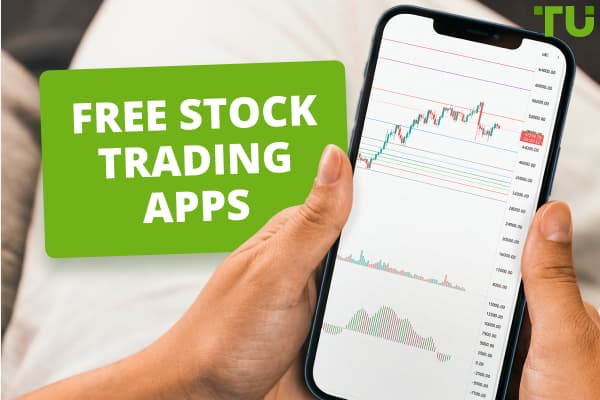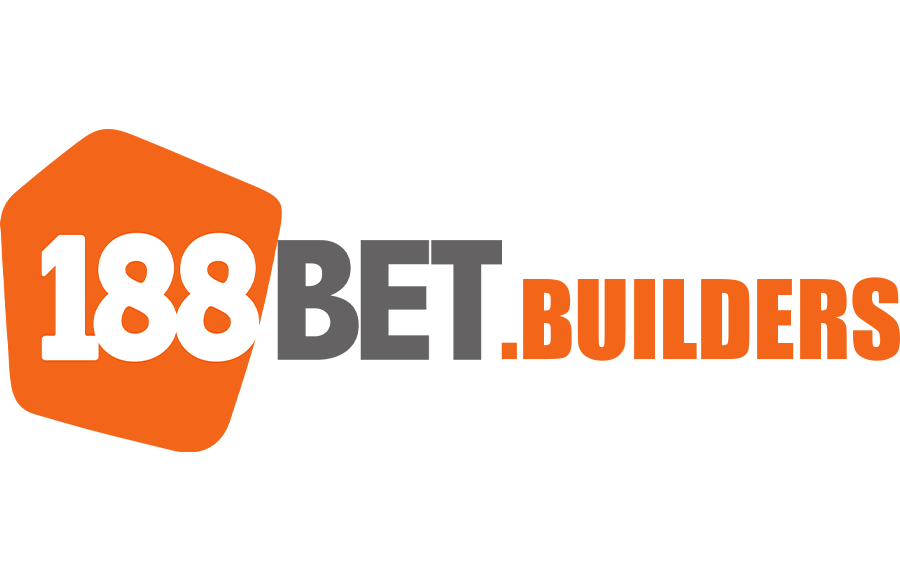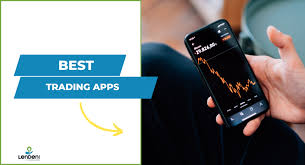
Which Trading App is Best: A Comprehensive Guide
As the world of finance continues to evolve, trading apps have become an essential tool for both novice and seasoned investors alike. The surge in mobile technology has enabled a new generation of traders to engage with the stock market, cryptocurrencies, and other assets directly from their smartphones. With the plethora of trading applications available today, a common question arises: which trading app is best? In this article, we will explore the various features, advantages, and drawbacks of popular trading apps, helping you make an informed decision.which trading app is best bestappstrading.com
Criteria for Choosing the Best Trading App
Before diving into specific apps, it’s vital to understand the criteria that can help you determine which trading app is best for you. Consider the following factors:
- User Experience: An intuitive interface makes the trading process smoother, especially for beginners.
- Fees and Commissions: Look for transparent pricing models that minimize costs on trades.
- Asset Variety: The best app should allow you to trade a wide range of assets, including stocks, ETFs, options, and cryptocurrencies.
- Research and Tools: Access to robust research tools and educational resources can significantly enhance your trading strategies.
- Security: Ensure the app uses strong security measures to protect your account and personal data.
- Customer Support: Reliable customer service can help resolve issues quickly, making your trading experience more enjoyable.
Top Trading Apps in 2023
Now that we’ve set the criteria for our analysis, let’s look at some of the most popular trading apps currently available.
1. Robinhood
Robinhood has gained significant popularity for its commission-free trading model. It offers a user-friendly experience that’s suitable for new traders. However, it does come with certain limitations, such as a lack of advanced trading tools and research resources.
2. E*TRADE
E*TRADE provides a comprehensive range of investment options, including stocks, ETFs, options, and fixed income products. Their educational resources and sophisticated trading platform make it an excellent choice for both beginners and seasoned traders. Although E*TRADE charges fees for certain transactions, it often provides a more robust trading experience.
3. TD Ameritrade
TD Ameritrade is known for its extensive research tools and educational resources, catering well to traders of all levels. Their mobile app offers a seamless trading experience, and they do not charge commissions on online trades. However, some might find their platform slightly overwhelming due to the wealth of features available.
4. Webull
Webull is another commission-free trading app that offers advanced trading features and various research tools. It’s particularly appealing to younger, tech-savvy investors. However, the lack of a phone support option can be a drawback for those who prefer personalized assistance.
5. Coinbase
If you are specifically interested in trading cryptocurrencies, Coinbase is a leading choice. It provides a simple interface, making it easy to buy, sell, and manage various cryptocurrencies. However, users should be aware of the transaction fees associated with trading on its platform.
Comparative Analysis of Popular Trading Apps
To summarize our findings, here’s a comparative analysis of the discussed trading apps based on the criteria mentioned earlier:
| App Name | User Experience | Fees | Asset Variety | Research Tools | Security |
|---|---|---|---|---|---|
| Robinhood | Very high | Commission-free | Stocks, ETFs | Limited | Good |
| E*TRADE | High | Low commissions | Stocks, options, ETFs | Extensive | Excellent |
| TD Ameritrade | High | Commission-free | Stocks, options, ETFs, fixed income | Comprehensive | Excellent |
| Webull | High | Commission-free | Stocks, ETFs | Good | Good |
| Coinbase | High | Transaction fees | Cryptocurrencies | Limited | Very good |
Final Thoughts
Determining which trading app is best ultimately depends on your individual trading style, preferences, and goals. Beginners may prefer user-friendly apps like Robinhood or Coinbase for their simplicity, while more experienced traders might appreciate the depth and resources offered by E*TRADE and TD Ameritrade. It’s essential to explore different platforms, utilize demo accounts, and invest time in understanding the features of each app before making your final choice.
In conclusion, the right trading app can empower you to take control of your investments, enhance your trading skills, and possibly maximize your returns. Happy trading!


